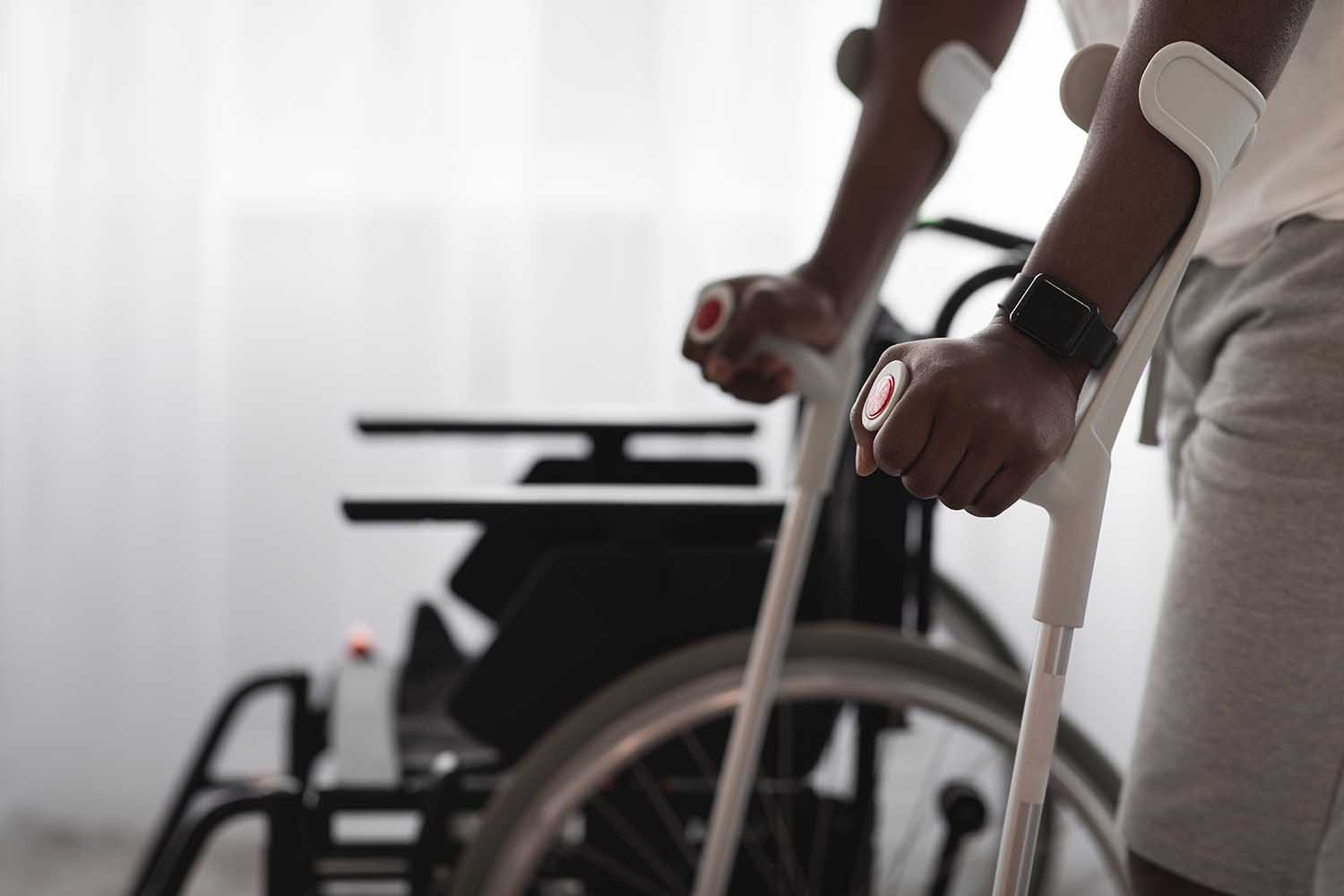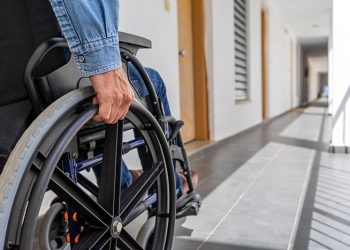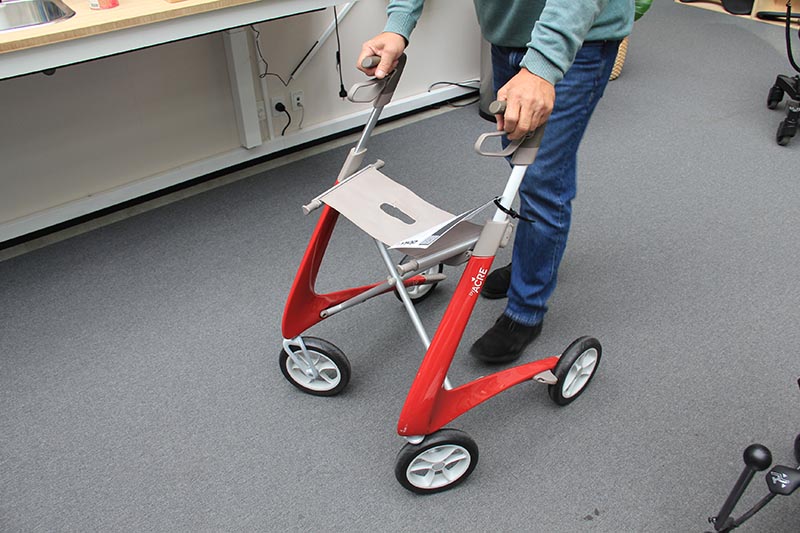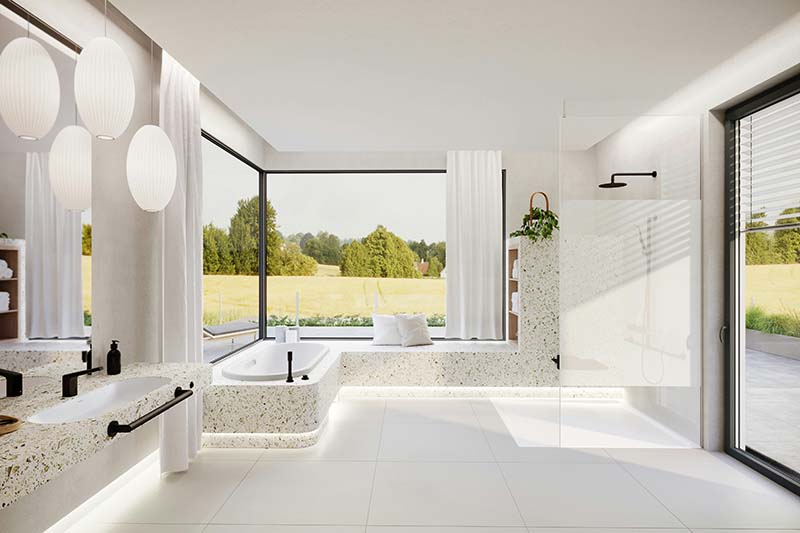According to a study by the Institute for Advanced Studies (IHS), private healthcare expenditure is increasing for Austrian households and is in some cases difficult to manage. On the one hand, the coverage is good, but it is “becoming less favorable for more households.” In other words, there is a creeping trend towards more households being affected. Currently, 2.8% of households are impoverished or at risk of poverty due to private healthcare costs.
Trend: Rising.
It is already apparent that there are more affected households than before. In an EU comparison, Austria ranks 11th among households impoverished by out-of-pocket healthcare expenditure and 13th among households with ruinous healthcare costs. In these households, healthcare expenditure exceeds 40% of household income. Households with complex illnesses are particularly affected. Best placed: The Netherlands with less than one percent of all households, Sweden and Great Britain are also in other top positions.
IHS researcher Thomas Czypionka sees the reason for this in the lack of upper limits for deductibles. For example, there are general deductibles for the self-employed, and basic deductibles for medical aids and appliances such as crutches, glasses, incontinence material, etc. The expert advocates an upper spending limit for all medical aids, which currently only exists for medication costs. If this cap is not introduced, individual households will be disproportionately burdened. An efficient healthcare system also helps to minimize costs for patients.
The drivers of this development are demographic change, i.e. the ageing of our society, but also population growth, technological developments, system-specific problems and migration movements.
The study is based on data from the consumption survey conducted by Statistics Austria every five years.
Author: Anja Herberth
Chefredakteurin















